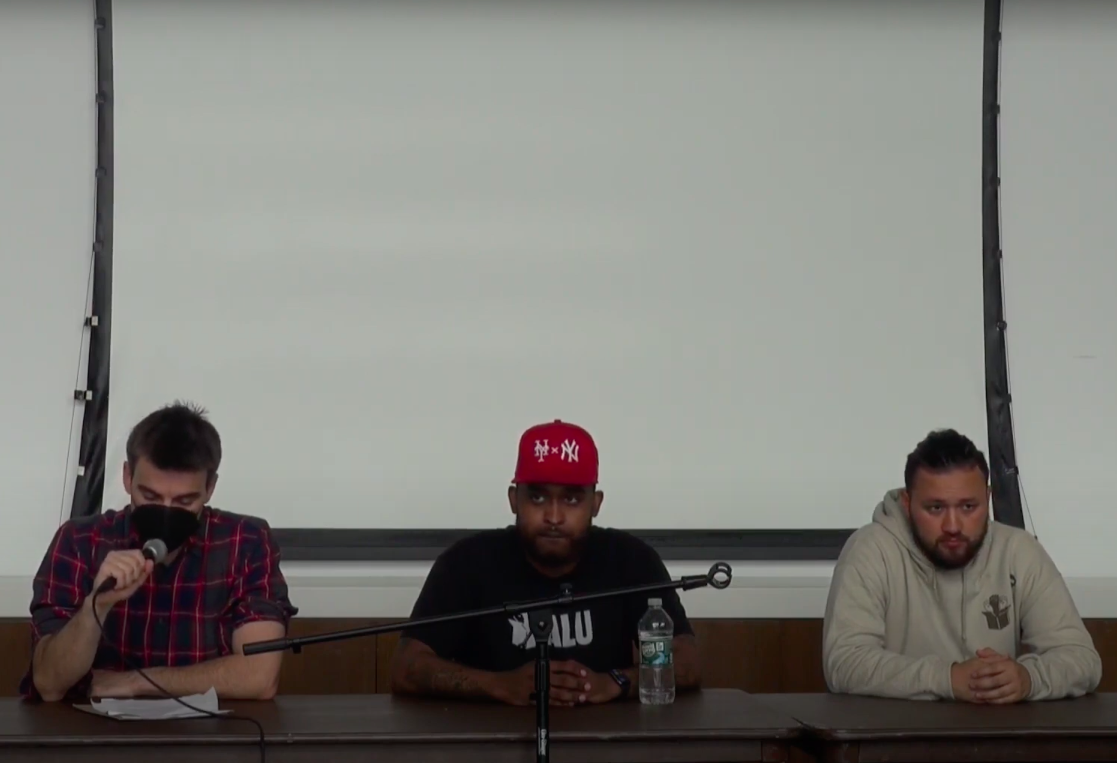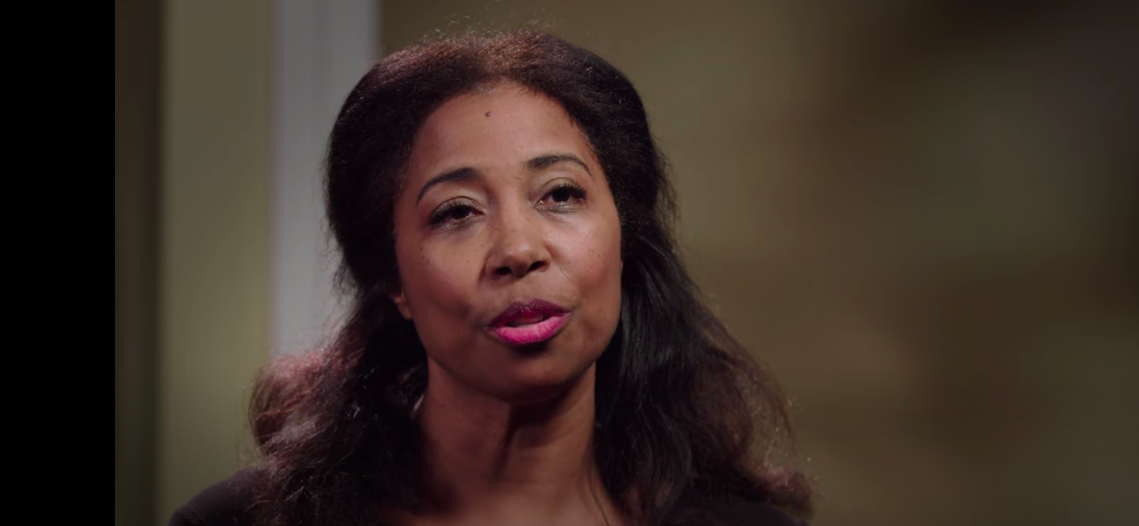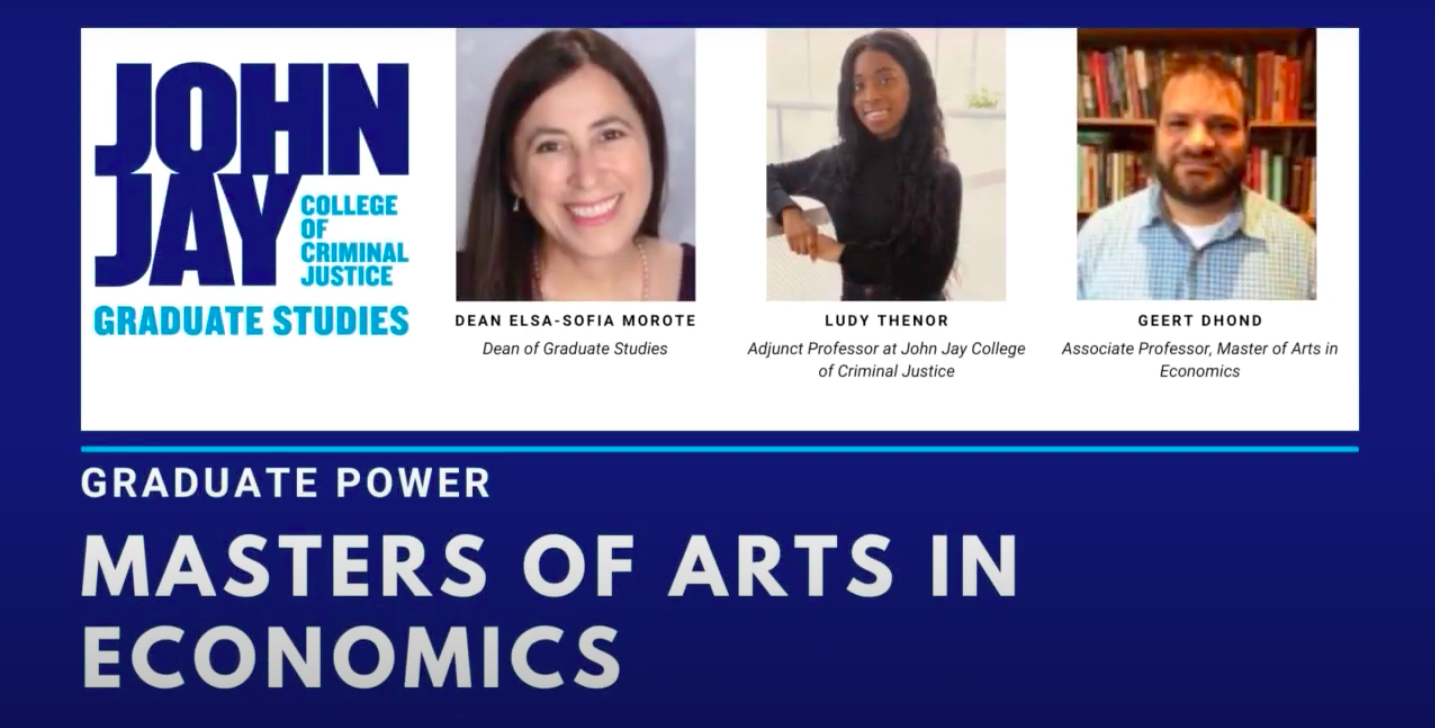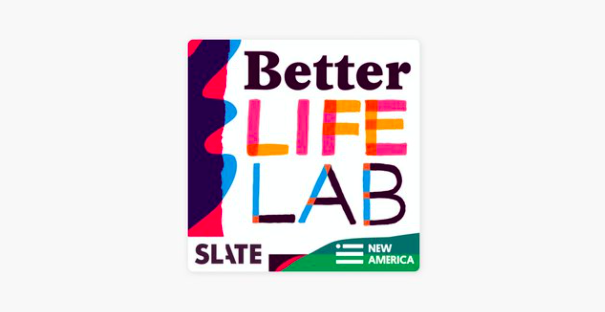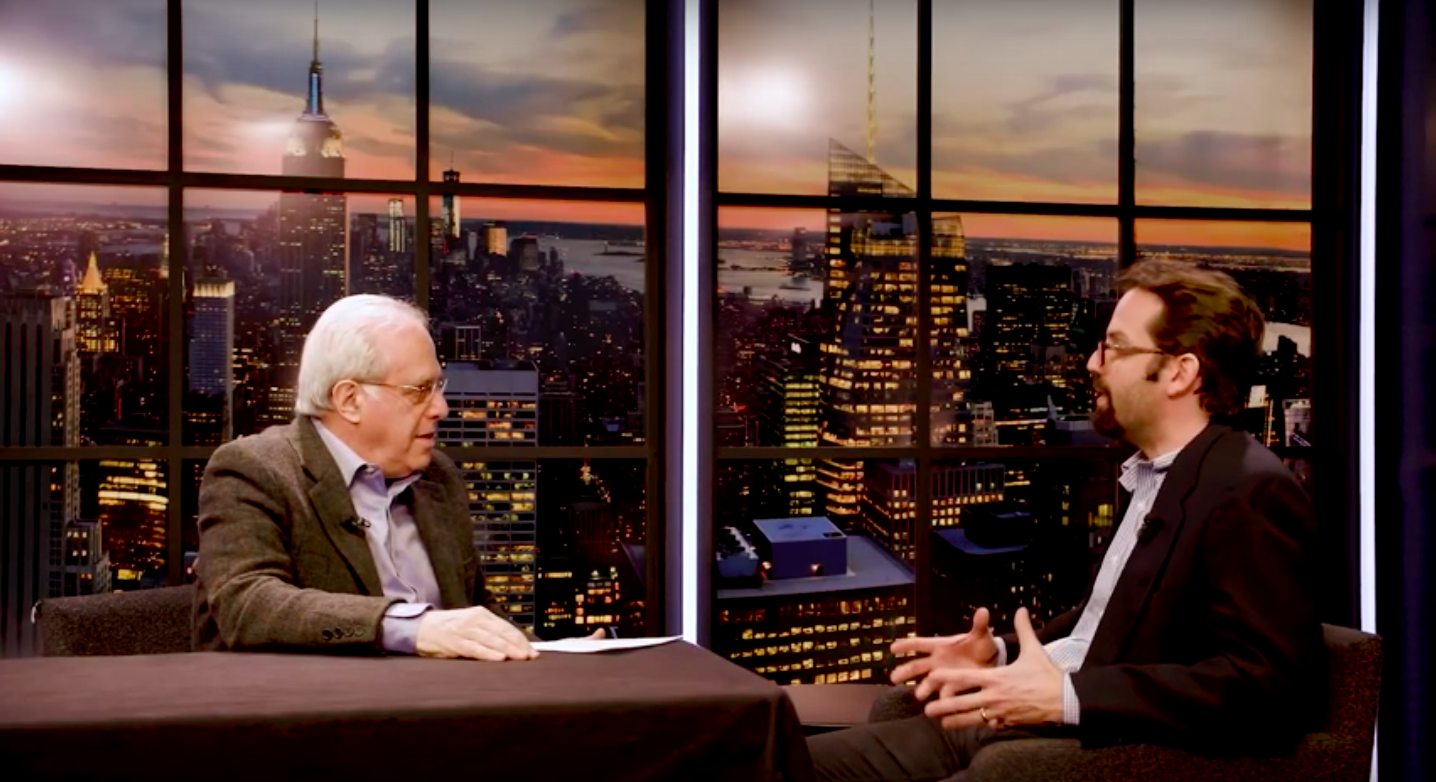Watch: Video of the Amazon Labor Union Panel on Organizing at John Jay College on May 6th 2022
Raphael Wakefield panel with Tristian Martinez and Jordan Flowers of the Amazon Labor Union discussing organizing at John Jay College on Friday May 6, 2022.
